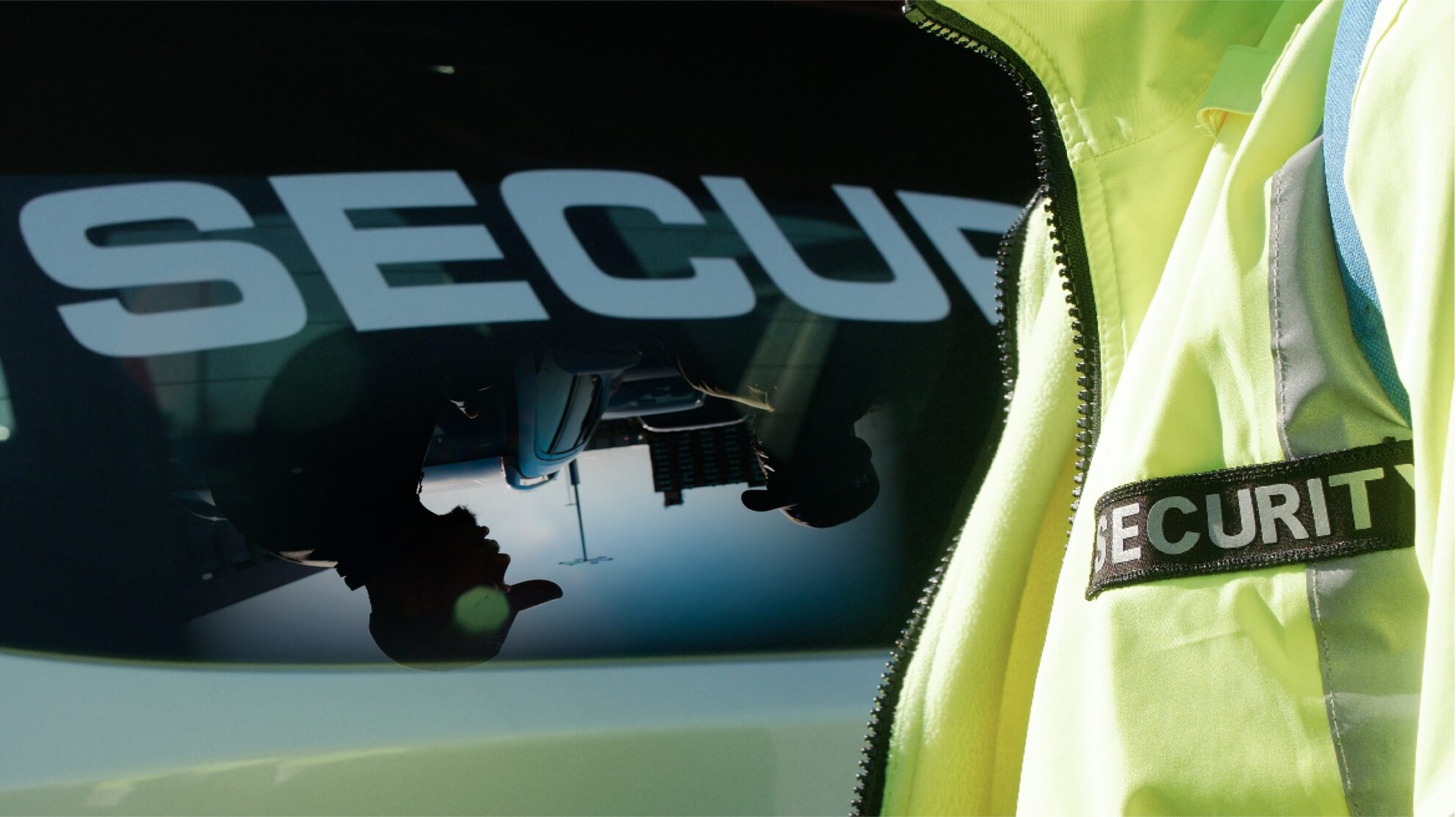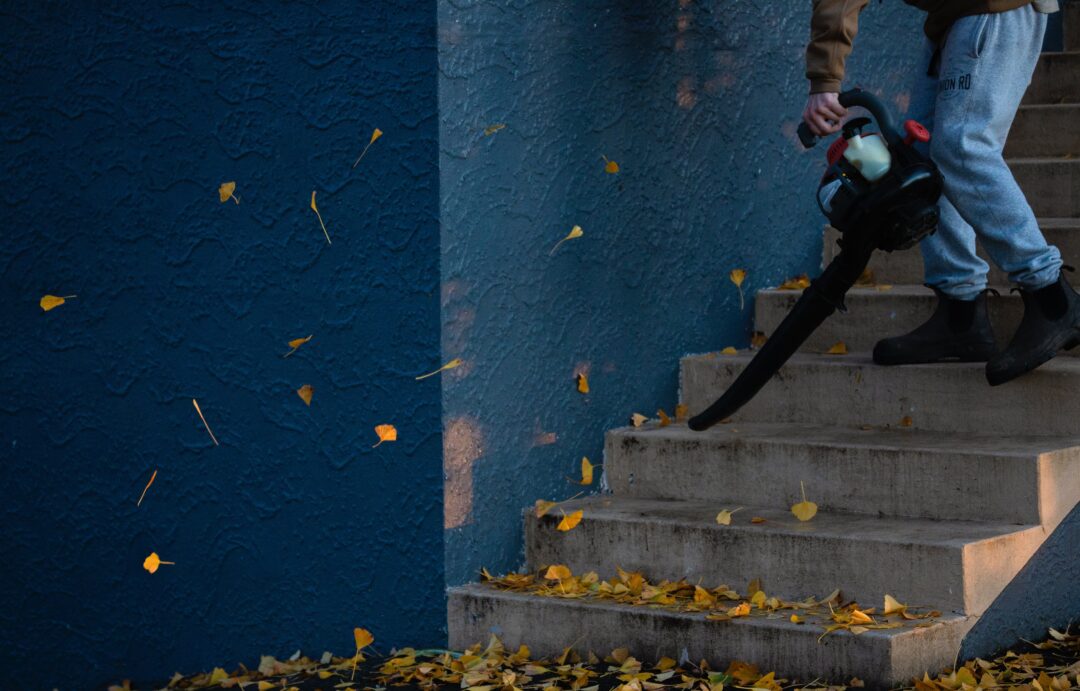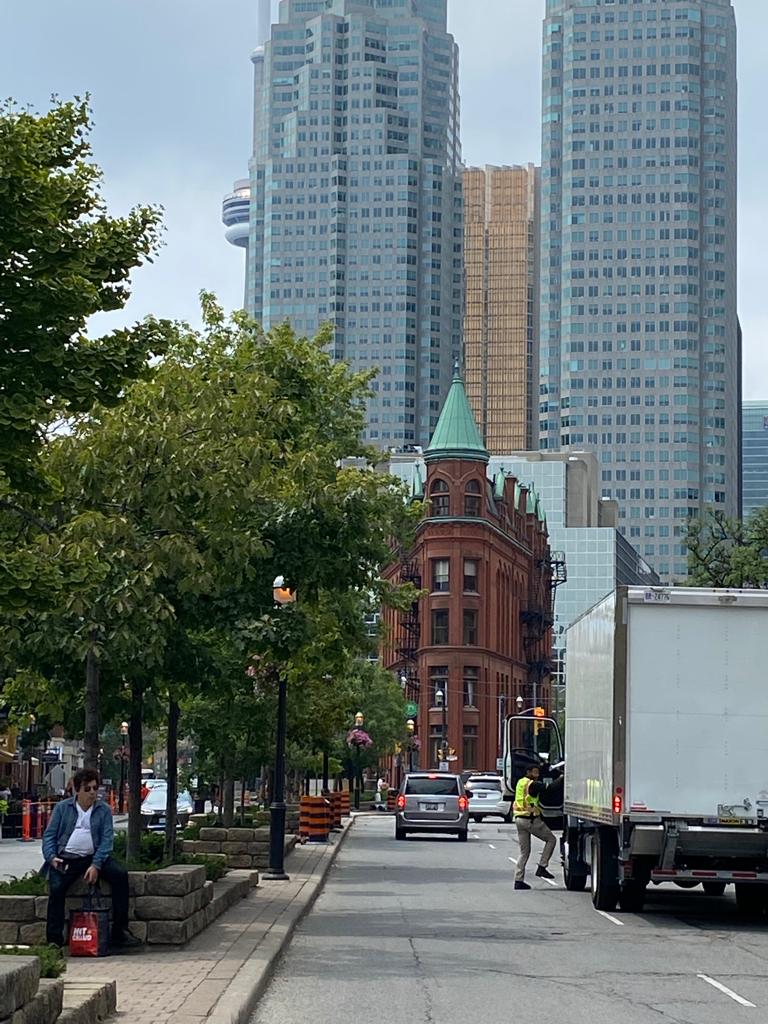By Elspeth Chalmers
–
Residents in the Cabbagetown South neighbourhood have hired private security to conduct weekly patrols. On Friday and Saturday nights, guards will walk the neighbourhood from Shuter to Carlton and Sherbourne to Parliament, and report suspicious activity to the police.
Private security was first used in Cabbagetown South in November of 2020 when fellow residents of the area, from Sherbourne to Parliament and Shuter to Gerrard, hired Primary Defence Corp, a Mississauga- based security company. Their neighbours north of Gerrard decided to follow suit and the patrol area has since expanded.
The decision was announced in an email to Mayor John Tory, local Councillor Kristyn Wong-Tam, Toronto’s police chief, and the MP and MPP for Toronto-Centre. Writing on behalf of the Cabbagetown South residents, John V. Rider said the move felt necessary to deal with the neighbourhood’s rapid increase in crime.
“We have noticed in the past few years that the levels of crime have increased significantly,” Rider wrote in his email. “While these are regularly reported to the police, they are unable to provide adequate protection.”
Last December, Ward 13 Councillor Kristyn Wong-Tam made a similar statement. “I am sympathetic to residents who have seen safety, and the perception of safety eroded in Cabbagetown South and Moss Park over the last year,” she wrote.
One triggering incident was when a man entered the home of an elderly woman living alone. “She only got him out by saying her husband was going to be back any minute,” says Rider, who shared several similar stories of substance abuse and risky behaviour he’s witnessed in an interview with the bridge.
The Covid-19 pandemic has exacerbated problems of homelessness, addiction, mental health, and crime in the downtown core. The City of Toronto recognizes the Downtown East is home to many vulnerable people coping with substance use, brain injuries, homelessness, and mental health complications.
The Cabbagetown South email referred to the “massive skewing of social housing” and homeless shelters in Toronto Centre, but data from the city is
less clear. Ward 13, bounded in the south by The Esplanade and east by the Don Valley River, extends north to Bloor Street and west to Bay Street in some areas.
The ward has 9,000 Toronto Community Housing units and close to 4,000 non-profit and co-operative housing dwellings. Though according to city statistics, none of these units are located in Cabbagetown proper, the Cabbagetown South neighbourhood falls between city jurisdictions.
Division 51 of Toronto Police consider the Cabbagetown South neighbourhood part of Moss Park. In 2018, Major Crime Indicators (MCI) for the area soared by over 32%—with the number of assaults rising 30% alone. The trend continued in 2019 and 2020 with an additional 15% and 6% increase in MCI respectively.
Though police statistics show a decrease of about 18% in 2021, that still represents a 46% increase in MCI for Cabbagetown South and Moss Park residents from 2018. This reflects the experience of residents who have noticed this increase in assaults and crime over the past few years, according to Rider.
Toronto police have eight dedicated Neighbourhood Community Officers (NCOs) patrolling Cabbagetown South and Moss Park, “the highest level of dedicated neighbourhood policing in Toronto,” according to Councillor Wong- Tam. Ward 13 is the only Toronto ward with an NCO program in every neighbourhood. But there are only 4 officers patrolling at a time in Moss Park/Cabbagetown South, meaning plenty of missed opportunities.
“I happen to work at a desk right in our front window and I look out on the street all day,” says Rider. But “I’ve never seen police officers walking around or on bikes.” He and other Cabbagetown South residents recognize that the underlying problems can’t be solved by police.
The NCO program “has not brought relief to the area because Toronto Police can’t charge and fine people out of addiction. They can’t imprison
people out of poverty,” says Wong-Tam. “Many calls to Toronto Police Services are mental health and addictions-related.” She says a different response, one that diverts people into effective mental health
support and addiction recovery programs, is needed.
The Downtown East Action Plan, approved by City Council in 2019, sought new ways to address area problems. In March 2022, the city launched an alternative crisis response model in a pilot program. Led by the Gerstein Crisis Centre, the program focuses on harm reduction for residents. The
first responder to a 911 call determines whether police or a specialized team may be better suited to help.
“This is the first time in Toronto’s history that we’re doing something like this,” Mayor John Tory stated in a March 29 news release. “We will learn
as we go … and in the process shift how we respond to mental health crises in our city.”
Rider was disappointed in official responses to his email. “I got canned emails back from the police, the mayor’s office, and the councillor’s office. It’s
only going to get worse without any discussion.” The Cabbagetown
South residents felt forced to come up with their own solution, he said.
Wong-Tam says employing private security guards is not a sustainable solution to residents’ concern and frustration. “There is an immediate need
to address the root causes of poverty and homelessness. We cannot be distracted by temporary responses when the permanent
goal is ensuring there is adequate affordable housing, mental health and addiction supports for all who need it.”
Rider agrees that private security is not a long-term solution. “We want our real police force to be going through the neighbourhood and making sure everybody is living happily together.”




